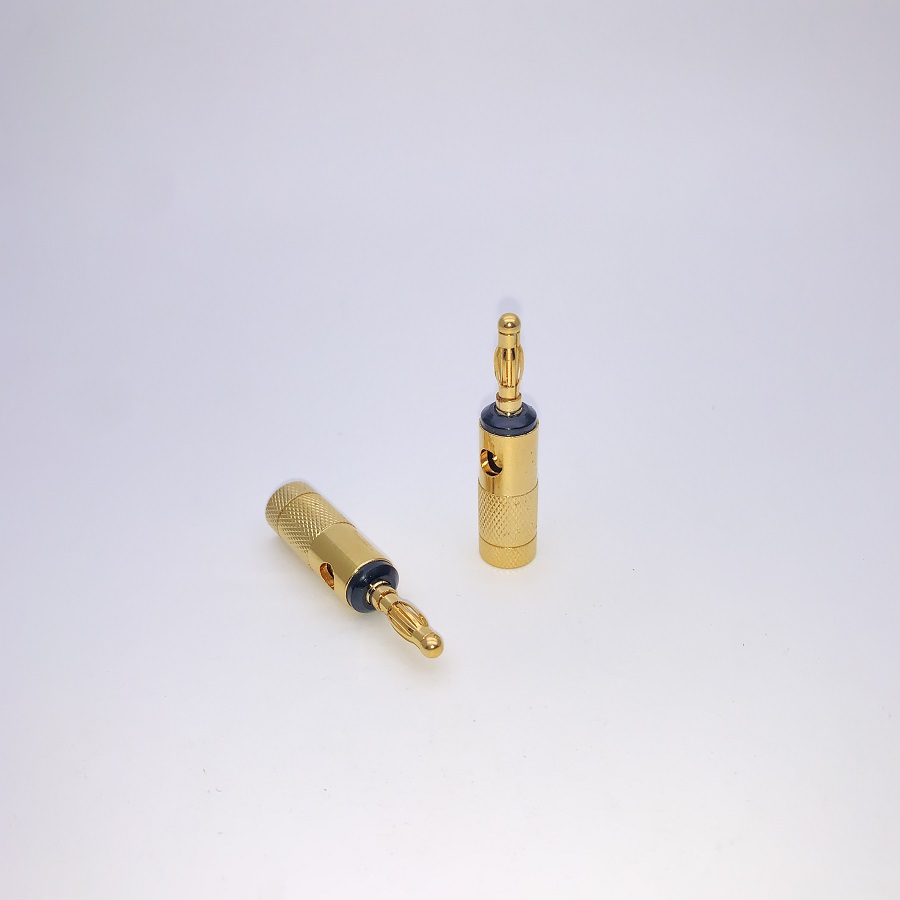Banana plugs and sockets are various power access ports, which are widely used. All movable electrical appliances need to be connected to power through sockets and plugs. There are many types of electrical plugs and sockets, including single-phase two-hole, single-phase three-hole, and three-phase four-hole safety plug and socket.

Pay attention to the following points when installing and using banana plugs and sockets:
First, banana plugs and sockets should be firmly installed on the insulation board, electrical board and the outside of the switchboard.
Second, when installing a three-hole socket, the grounding hole (large hole) must be installed above, and the grounding terminal must be connected to the grounding wire, and the neutral wire cannot be used as the grounding wire.
Third, the phase line should be connected to the specified terminal (marked with "L") 220v power supply into the socket is generally "left zero right phase". Sockets with both double holes and three holes are combined sockets, which are mostly used as mobile sockets.
Fourth, the rated current of the banana plug or socket should be greater than the rated current of the connected electrical load, and the rated current of the electrical appliance is not allowed to exceed the rated current on the socket.
Fifth, the use of mobile plugs should be kept clean and moisture-proof to avoid leakage or short circuit due to insulation damage.
Sixth, when wiring some single-phase three-hole plugs and sockets or three-phase four-hole plugs and sockets, the ground wire must be connected to the terminal with the grounding symbol and connected to the metal shell of the electrical appliance to ensure electricity consumption. Safety.
Seventh, the plugs and sockets must be firmly contacted when wiring, and the metal heads of the wires on the adjacent terminals must be kept at a certain distance, and no burrs are allowed to prevent short circuits.